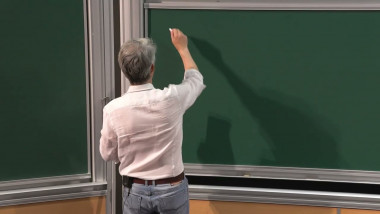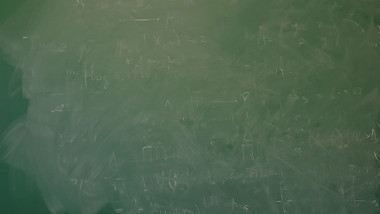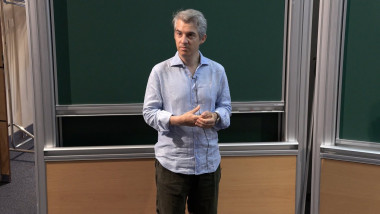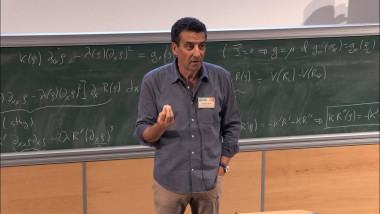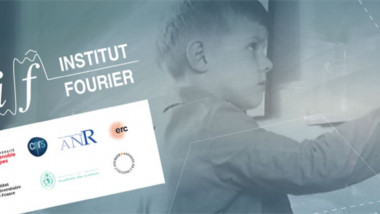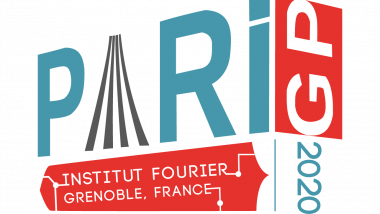Apparaît dans la collection : Shannon 100
Black-box optimization problems occur frequently in many domains ranging from engineering to biology or medicine. In black-box optimization, no information on the function to be optimized besides current and past evaluations of search solutions can be exploited. Particularly, the existence of gradients or convexity of the function is not assumed in a numerical black-box scenario. Black-box optimization methods should typically be able to solve a wide range of problems exhibiting many difficulties (non-convex, noisy, multi-modal, . . . ). In this talk I will explain how information theory has recently shed new light on the domain of black-box optimization. I will show how stochastic black-box algorithms for optimization on an arbitrary search space can be derived from principles issued from information theory. I will then explain that the ensuing information- geometric optimization (IGO) algorithm instantiated on the family of Gaussian distributions or Bernoulli distributions turns out to partially coincide with state-of-the art stochastic black-box algorithms like CMA-ES or PBIL. Both algorithms were introduced years before recognizing that information geometry is at the core of their theoretical foundations. I will discuss how information theory then allowed deriving new theoretically founded black-box algorithms, notably in the context of large-scale optimization.
